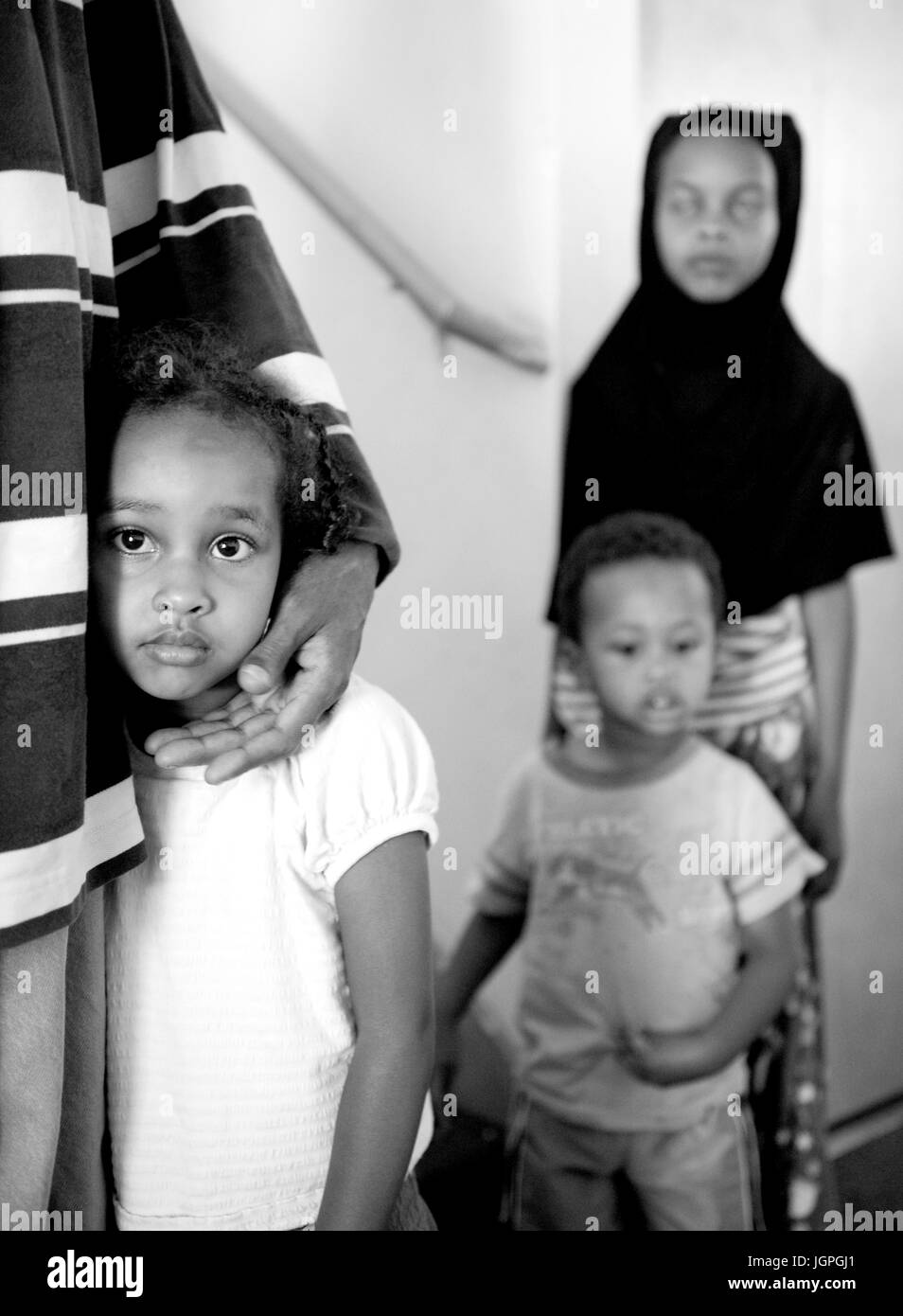How can the Somali community in Minnesota effectively utilize court resources to address their legal needs? A bold statement supporting this question is that understanding and accessing these resources can significantly empower the community, ensuring justice and equality. The Minnesota Judicial Branch provides essential services tailored to meet the unique requirements of diverse populations, including Somalis. By engaging with these resources, individuals can gain clarity on complex legal matters, receive necessary support, and protect their rights.
The Somali Health Board plays a crucial role in addressing health disparities within the Somali community. As health professionals and volunteers dedicated to personal and community health, they focus on issues disproportionately affecting new immigrants and refugees. Their mission aligns with broader public health goals, emphasizing education, prevention, and accessible healthcare. For instance, informational sessions about vaccinations, such as the Inactivated Influenza Vaccine, are pivotal in combating misinformation and promoting wellness. These efforts are complemented by translations like the Vaccine Information Statement provided in Somali, enhancing comprehension and trust among community members.
| Name | Personal Information | Career | Professional Information |
|---|---|---|---|
| Ahmed Nur | Born in Mogadishu, Somalia; resides in Minneapolis, Minnesota | Healthcare Professional | Works at the Somali Health Board, focusing on community outreach and education programs |
| Visit Somali Health Board Website for more information | |||
Children's exposure to various environmental factors remains a significant concern within the Somali community. Basada, or lead poisoning, poses a notable risk due to its potential impact on cognitive development and overall health. Recognizing symptoms early and seeking appropriate medical intervention can mitigate adverse effects. Community leaders emphasize preventive measures such as regular testing, maintaining clean environments, and educating families about potential hazards. Such proactive approaches contribute to healthier outcomes for children and the broader community.
Obtaining a driver's license represents both practical necessity and symbolic achievement for many in the Somali diaspora. Navigating the process requires familiarity with specific steps outlined by the Minnesota Department of Public Safety. These include documentation preparation, written exams, driving tests, and adherence to application procedures. Resources available in Somali facilitate comprehension and compliance, ensuring equitable access to this vital credential. Moreover, possessing a valid license enhances mobility, employment opportunities, and integration into mainstream society.
Somali Night, an annual event organized by the Somali Student Association (SSA) at the University of Minnesota, exemplifies cultural pride and unity. Celebrating its 27th year, this gathering showcases traditional music, dance, poetry, and cuisine, fostering connections between students and the wider community. It also serves as a platform for discussing contemporary issues affecting Somalis globally, encouraging dialogue and collaboration. Events like Somali Night reinforce identity while promoting mutual understanding and respect across cultures.
In addition to these initiatives, ongoing efforts aim to bridge gaps in language access, legal literacy, and civic engagement. Partnerships between governmental agencies, non-profit organizations, and grassroots movements amplify collective impact. For example, YouTube videos offering tutorials in Somali provide valuable insights into navigating systems previously perceived as daunting or inaccessible. Similarly, workshops conducted by seasoned advocates equip participants with skills needed to advocate effectively for themselves and others.
As the Somali population continues growing in Minnesota, so does the need for inclusive policies and practices. Addressing challenges through innovative solutions ensures no one is left behind. From health advocacy to educational empowerment, each contribution strengthens communal resilience and fosters prosperity. Collaborative endeavors underscore shared values of solidarity, perseverance, and hope, inspiring future generations to build upon established foundations.
Ultimately, harnessing available resources empowers individuals and families to thrive despite obstacles. Whether pursuing higher education, securing stable employment, or advocating for systemic change, active participation shapes positive trajectories. By leveraging strengths inherent within the Somali community and cultivating partnerships beyond it, possibilities abound for creating lasting legacies rooted in tradition yet responsive to modern realities.




